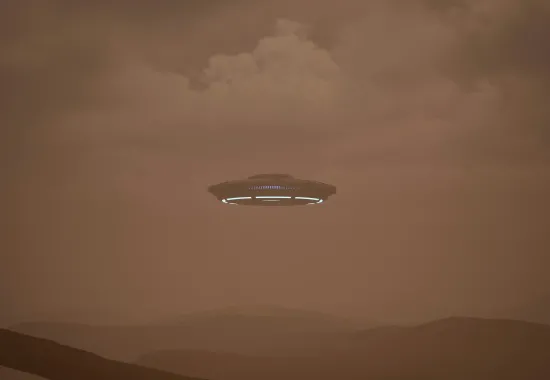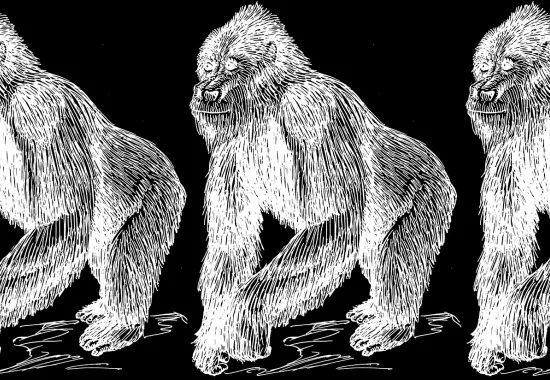Moons of the Lower Midwest
I once worked for a carpenter named Joel when I was in high school. The romance of working for a woodworker, a cabinetmaker, was something I was interested in, though not as intensely as I am now. Then, it was just a job that my dad thought might be good for me, and he was right. In one summer I learned I wanted to continue to work with wood, and I learned I never wanted to work for that man again.
We spent the summer installing bookshelves in one house, a set of pantry shelves in another, and helped to repair a porch roof. I was mostly a gopher; go-for this, go-for that. I rarely got to do anything of substance.
Near the end of my time with him, he stuffed me into a long shirt and gloves and a full head mask, a balaclava, and sent me into the attic of a small house to help him install insulation. Stay on the joists, he said. Don’t fall through the ceiling, he said.
He’d given me a quick lesson before we started about the body’s temperature. “If you feel dizzy,” he said, “run water on the inside of your elbow.” Blood that runs through the artery inside one’s arm will circulate throughout the body, and cooling that artery quickly helps bring the body’s temperature down in case one overheats.
I’m fuzzy on the timeline. I stapled the lip edge of the brown paper that the insulation was attached to onto the roof beams, and I spread a loose insulation evenly between the joists. Dead daddy longlegs hung all around the attic like light and breezy ornaments. The light was a flashlight turned upward in the center of the space, and a fly frenzied around it. I took a water break when Joel passed me a bottle up the access hole, but I knew if I got down, I wouldn’t go back up.
I finished most of the insulation when the flashlight went out and I finally came down. Turns out it was the cool air, and not the hot air, that ended up making me feel dizzy.
It was the moon I remember. One of those daytime moons, nearly full but not quite, a midwestern day moon. I wanted to vomit, but didn’t.
The garden hose was out in the yard, and there was nothing to do but come out and wash my whole self off. I fell more quickly than could have been possible, which suggests to me I nearly fainted—the only time in my life that happened. But it was momentary, and the water was already being sprayed on me by Joel, who’d seen me go down.
It was the moon I remember. One of those daytime moons, nearly full but not quite, a midwestern day moon. I wanted to vomit, but didn’t. Joel told me we were done for the day, but I just wanted to lie there .
Moons beget moons. I would later see a full moon in Ohio the night I first had a drink with my future wife, and I stood outside in the cold and watched it and felt as light as I might feel were we walking on it. A full orange moon stared into our van years later when I was driving through Oklahoma after the memorial of my last grandparent. Still later, the moon appeared magically to eclipse the sun for three and a half minutes, and I sat lakeside in Arkansas and watched it slide like a plate over a charger.
My wife and kids know most all the names of the moons. The harvest moon, the worm moon, the easter moon my eldest is named for. I ask myself now, do I have a habit of looking up when something significant happens? Or am I always looking up? I don’t know the answer to that. What I do know is Joel helped me up, and I drove myself home, and it was my last day. It was August, and it was so hot that I had to open the windows to my car and let the heat out to drive home. I fell right to sleep after I took a shower, and small bumps from the insulation peppered my arms and legs for days like constellations.
Recommended
Encounter
Schizophrenic Sedona
Recense (realized)






